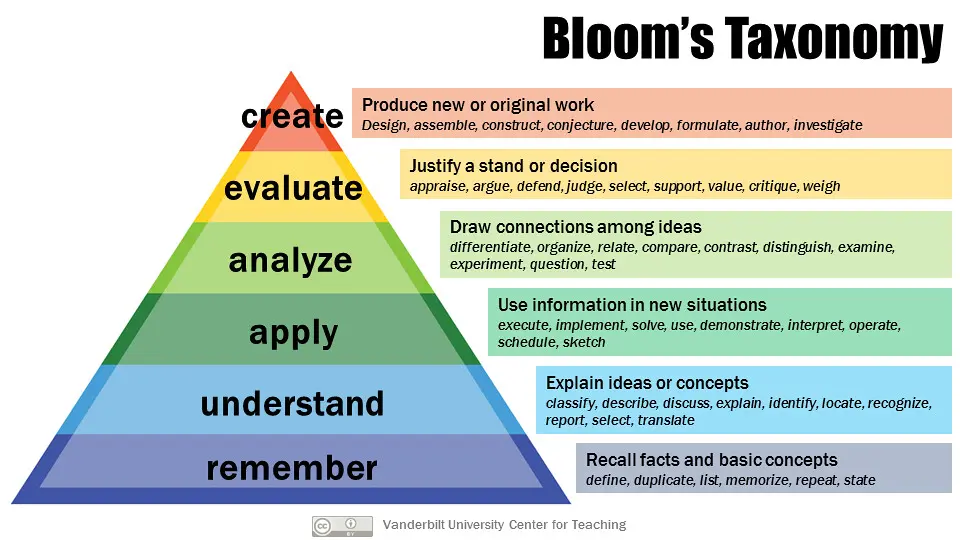Why Are Young Indonesians So Dumb?
When I started university, I expected challenges, but not from my teammates. In my university, we had basic physics, chemistry, and calculus before continuing to more focused degree courses. I took a gap year after high school, so I worried I’d forgotten some of it. But I managed fine.
The surprise? My younger groupmates from industrial and environmental engineering — fresh out of high school — had forgotten even the basics. During physics and chemistry practicums, lab assistants would ask simple questions before we began (like formulas for free-fall motion). Out of six people in our group, only two of us could answer: me and one other. Worse, some didn’t even know how to zip files for task submission. But the problem wasn’t just my groupmates – some of the lab assistants were also clueless. I even debated with them because they were teaching students the wrong way to calculate error percentages during practicum. I reported them to the lecturer the next day. The lecturer accepted my complaint, but in class the following week he just told us to “understand the assistants” because they’re students too and can make mistakes. That wasn’t the point. I had already shown the assistants the correct method, but they were too arrogant – they insisted I was the one who couldn’t do math. I was furious. Imagine how many students had been taught the wrong thing by these people.
On social media, I see the same pattern: teens unable to answer basic questions like “What’s the capital of Central Java?” or “What’s 12 × 12?”. Sure, I was lazy in school too — people called me wasted potential — but I wasn’t this bad.
 Young Indonesians are stuck at the lowest level of Bloom’s taxonomy:
Young Indonesians are stuck at the lowest level of Bloom’s taxonomy:
- ✅ Remembering facts
- ❌ Understanding concepts
- ❌ Applying knowledge
- ❌ Analyzing ideas
- ❌ Evaluating situations
- ❌ Creating something new
Our schools drill memorization. That’s it. No focus on thinking, questioning, or solving problems.
From my perspective, the main causes are:
- Social media + online game addiction –> meaningless consumption –> weaker memory, impulsivity, anxiety, less empathy [source]. The deeper problem? Parents, teachers and even the government aren't prepared to guide healthy digital habits. They're trapped in the same cycle.
- No reading culture –> no curiosity, no new ideas [source]. But this also has a deeper problem. In my country, books are relatively expensive and are harder to reach for grass-roots. Making it hard to contain new information from analog writings.
- Black-and-white thinking –> no room for nuance or creativity. Our education system and media oversimplify complex issues. Critical thought is never encouraged.
- Cultural pressure to stay quiet –> Eastern values teach politeness and respect for authority, so students avoid asking questions or debating because they fear being seen as rude or attention-seeking. This value is so deeply rooted that breaking it risks social rejection, even when the intention is to learn.
See: Indonesian kids don’t know how stupid they are
All thoughts are my own. Feedback is welcome. Contact: Email: rvyhvn@tuta.io
Unless stated otherwise, content licensed under CC BY 4.0.